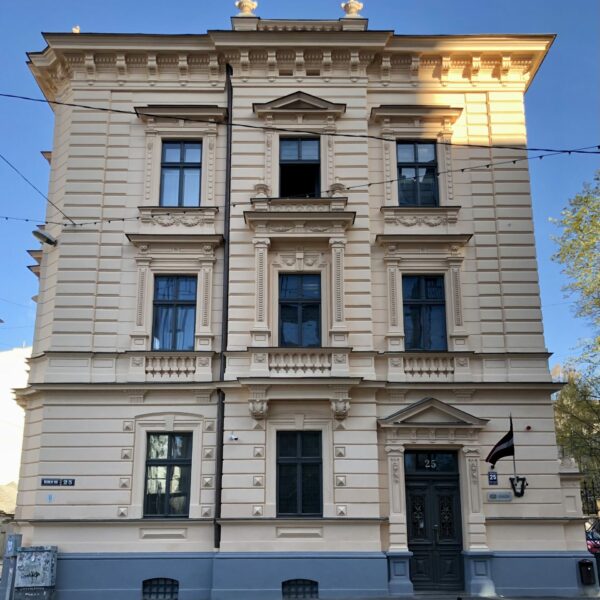About us
What is the Ombudsman?
The Ombudsman of the Republic of Latvia is elected by the Parliament. The Ombudsman is the official in charge of protection of the rights of each and every inhabitant of Latvia. The Ombudsman is only subordinate to the law. No one may intervene in the actions of the Ombudsman.
The Ombudsman fosters legitimate actions on part of the State. It means he/she keeps trace of compliance with the law by Governmental and municipal institutions. Governmental and municipal institutions include, for example, ministries, state agencies, and foundations.
The Ombudsman Law entered into force on 1 January 2007, establishing the Ombudsman’s Office.
On 1 March 2007, the Saeima of the Republic of Latvia elected Romāns Apsītis as the first Ombudsman. The second Ombudsman, Juris Jansons, held office from 3 March 2011 to 19 June 2025 (the Saeima re-elected Juris Jansons to the position of Ombudsman in 2016 and 2021). From 19 June to 17 September 2025, Deputy Ombudsman Ms Ineta Piļāne performed the duties, functions and tasks of the Ombudsman. On 18 September 2025 the Parliament approved Ms Karina Palkova as the new Ombudsperson.

Address
Baznicas street 25Riga
LV-1010
Documents
Budget
Information on annual budget revenues and expenses
More about the budget of the Ombudsman's OfficeInternational cooperation
Ombudsman’s Office of the Republic of Latvia has received highest "A" status accreditation by the International Coordinating Committee of National Human Rights Institutions Sub-Committee on Accreditation.
Ombudsman's Office of the Republic of Latvia regularly cooperates with the United Nations, as well as with other international institutions such as the Council of Europe, the European Ombudsman and many others. The Ombudsman's Office is a member of several global and European networks.
Public participation
Cooperation with non-governmental organisations
The Ombudsman cooperates with different non-governmental organisations with experts of the specific areas. Thus, the Ombudsman has access to information to work with and give recommendations state-wise on implementation and development of different issues.


